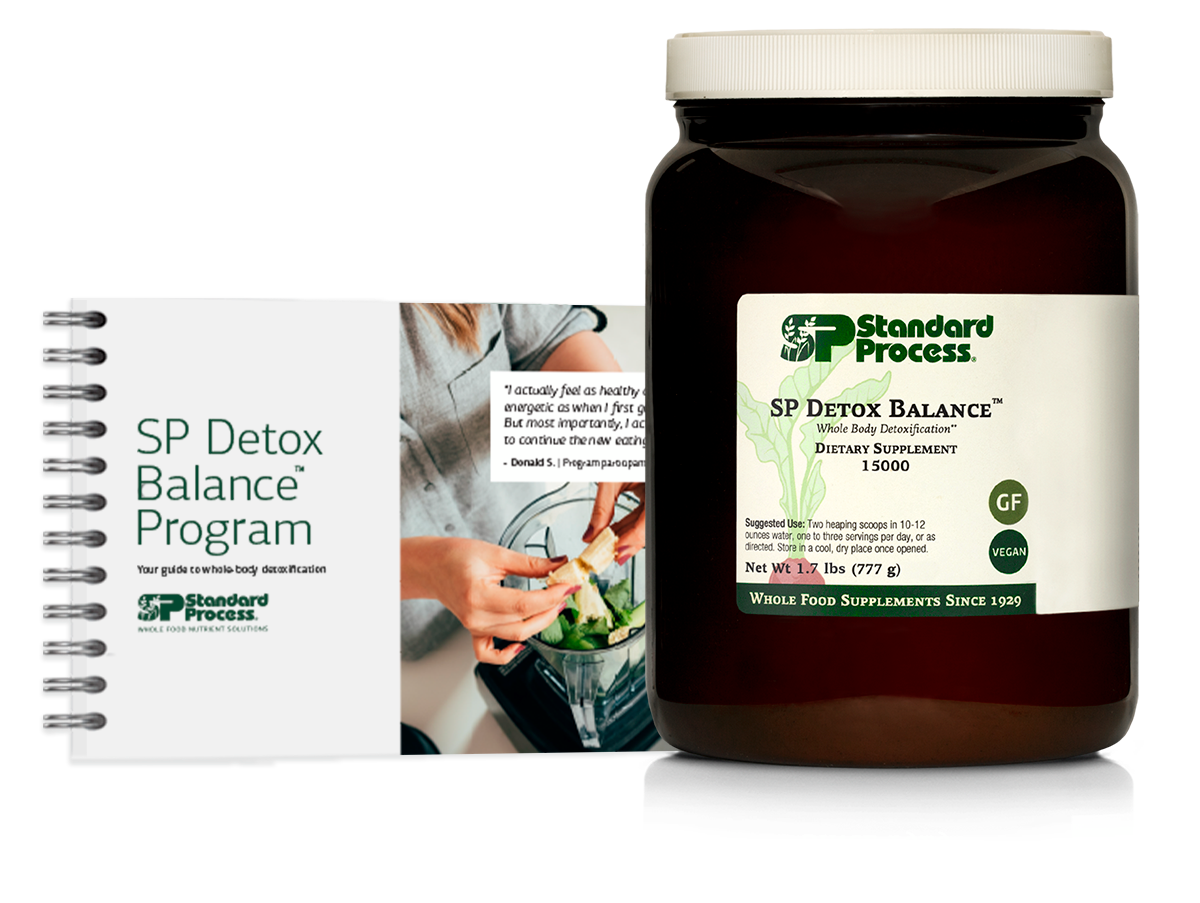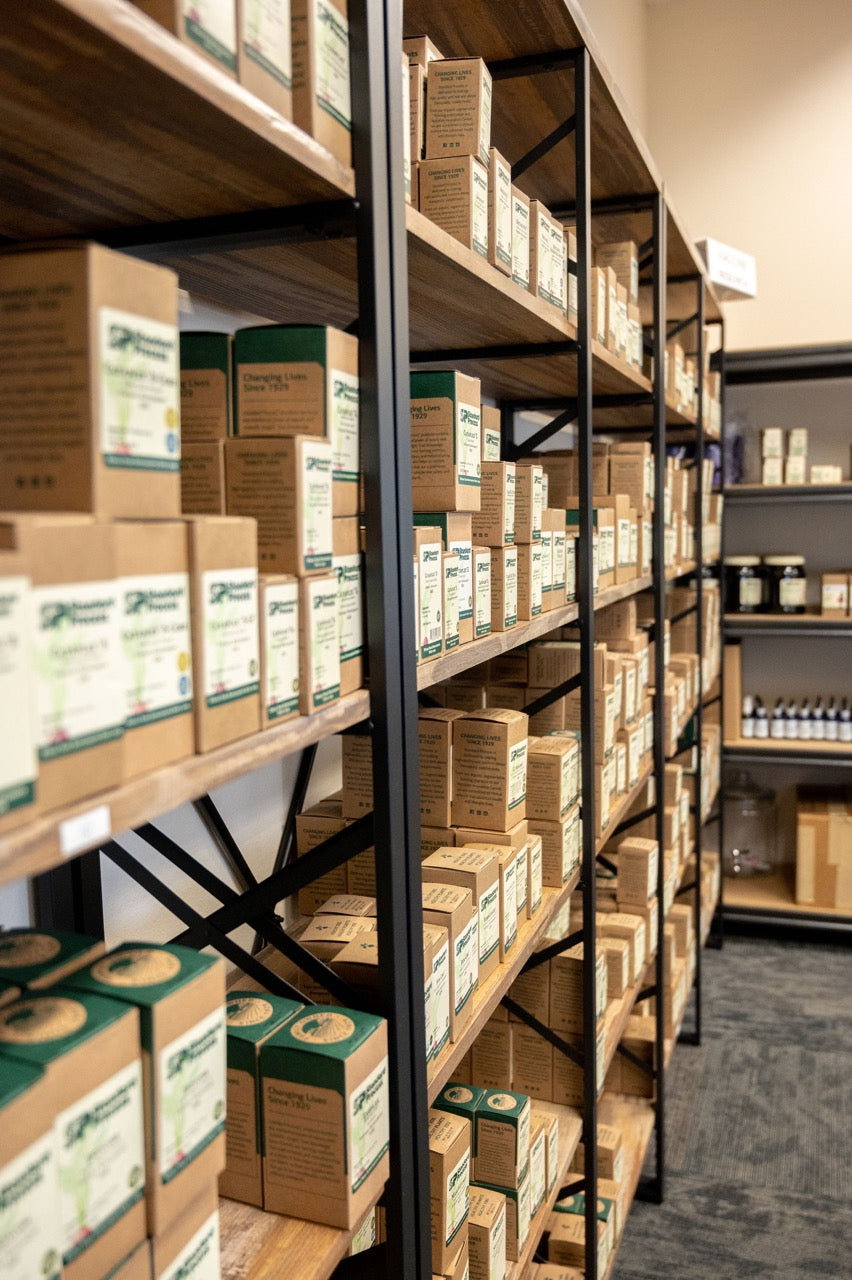Discover the Power of Turmeric:
Benefits, Uses, and Health Recipes
The golden turmeric brings a wealth of goodness. Prized for its potent compound curcumin, it holds a strong record in supporting health, from quelling inflammation to fighting harmful free radicals. Yet, turmeric is not all about medical miracles. It's a kitchen darling too, contributing its warm bitterness to a menu of dishes across Indian and Southeast Asian cuisine. Soon you will find out more about this wonder root that you may not even think of before. Get ready; an exciting journey awaits.
Turmeric is renowned for its powerful anti-inflammatory effects, antioxidant properties, and possible role in improving brain function. It may also aid in reducing the risk of heart disease and offer potential benefits against cancer and Alzheimer's disease. Always consult with a healthcare professional before using turmeric, especially if you have specific health conditions or are taking medications.

Origins and Flavor Profiles of Turmeric
Let's journey back in time. Turmeric has a rich historical significance, originating in the Indian subcontinent and Southeast Asia. Historical records dating back to around 500 BCE reveal its early use. This vivid, golden spice held cultural, religious, and medicinal value in these ancient societies.
The flavor profile of turmeric is quite distinctive, boasting an earthy, slightly bitter taste with a hint of peppery warmth, followed by an aromatic fragrance that sets it apart from other spices. It's no wonder that it has found its way into various culinary preparations, adding depth of flavor and a vibrant hue to dishes across different cuisines.
In Indian, Southeast Asian, and Middle Eastern cuisines, turmeric is not just another spice on the shelf; it plays a starring role in curries, stews, rice dishes, and even beverages. Its warm and mildly peppery notes lend a unique essence to these culinary delights. Moreover, apart from its culinary uses, turmeric is also employed extensively in traditional medicine due to its remarkable health benefits.
Notably, the primary bioactive compound in turmeric responsible for its potent color and therapeutic properties is curcumin. This compound contributes not only to the distinct flavor of turmeric but also to its extensive list of health benefits. The versatility of this powerhouse spice makes it not only a kitchen essential but also a significant player in natural medicine.
The Medical Application of Turmeric
The bioactive compound in turmeric, curcumin, is the game-changer here. Medical research has its eye on curcumin and with good reason. Studies have shown that curcumin has potent anti-inflammatory and antioxidant properties. These properties are fortifying against a range of health concerns from arthritis to skin issues.
In more recent times, modern science has caught up and conducted numerous studies that support the traditional medicinal uses of turmeric. And what they've uncovered is truly fascinating. The list of conditions that turmeric is believed to assist with seems endless - from indigestion to wounds, and even potentially cancer.
For individuals dealing with arthritis, the anti-inflammatory effects of turmeric may help reduce joint pain, swelling, and stiffness. Some individuals also use it to manage digestive issues, like indigestion or heartburn - where data suggests that turmeric could help ease these discomforts.
But there's more: Early research suggests curcumin's potential benefits extend even to skin issues like psoriasis or eczema.
Now here's something we must keep in mind: While all these potential benefits are exciting to anyone looking to improve their health naturally, it's essential to remember that traditional medicine use shouldn't replace conventional medical advice. It's always good practice to discuss adding supplements like turmeric to your routine with a healthcare professional, especially if you're already managing a health concern.
So there we have it – an overview of the remarkable impact turmeric’s active compound curcumin can have on our health. Its anti-inflammatory, antioxidant, and other potential medicinal properties make it a valuable natural remedy for a diverse array of health concerns.
Culinary Uses for Turmeric
Turmeric, with its distinctive bright yellow color and warm, earthy flavor, has been a beloved ingredient in Indian and Middle Eastern cuisines for generations. One of the key places you'll find turmeric is in curry spice blends, where it adds not only depth of flavor but also a radiant hue that instantly elevates any dish it touches.
The fascinating thing about turmeric is how it can effortlessly transform a plain bowl of rice or a bland soup into something much more enticing. Just a pinch of this golden wonder can turn an ordinary dish into a delightful feast for the eyes and the taste buds.
Fun fact: In India, turmeric is often used in dishes like rice, dals, and various curries. It's deeply ingrained in their culinary traditions and has become an essential element of their vibrant cuisine.
Now, let's talk about the health benefits - yes, even when using turmeric in your cooking! Turmeric contains compounds called curcuminoids, with the most important one being curcumin, which is known for its powerful anti-inflammatory effects and antioxidant properties. This means that when you use turmeric in your cooking, you're not just adding flavor and color to your food; you're also incorporating potential health benefits into your meals.
Remember: The curcumin in turmeric has limited bioavailability, so to enhance its absorption, consider pairing it with a small amount of black pepper. This simple addition can significantly increase the bioavailability of curcumin.
Beyond its traditional uses, turmeric is incredibly versatile. You can sprinkle it on roasted vegetables for a pop of color and flavor or mix it into marinades for meat or tofu to infuse them with warmth and complexity.
For those who want to get extra creative with their cooking, there are intriguing ways to incorporate turmeric into unexpected recipes. How about trying a golden milk latte or a turmeric-infused smoothie? The possibilities are endless when it comes to incorporating this vibrant spice into your culinary creations.
Turmeric is not merely a spice; it's an agent that can lend a vivid touch to your dishes while potentially contributing to your well-being. It's truly remarkable how this humble spice has woven itself into both tradition and innovation within the realm of food.
As we've witnessed the seamless integration of turmeric into culinary landscapes, it's time to uncover the concrete health benefits that have been attributed to this beloved spice.
Verified Health Benefits
1. Anti-Inflammatory Properties
Turmeric contains a powerful compound called curcumin, extensively studied for its anti-inflammatory effects. Chronic inflammation is linked to serious health conditions such as heart disease, cancer, and Alzheimer's disease. Research has shown that curcumin can help manage these conditions by reducing inflammation in the body.
Think of inflammation as an army fighting a war inside your body. When the war goes on for too long, it can start to damage your body. This is where curcumin comes in—it acts like a peacekeeper, calming down the fight and protecting your body from the damage that chronic inflammation can cause. It's like having a superhero inside you!
2. Antioxidant Capacity
In addition to its anti-inflammatory properties, curcumin also serves as a potent antioxidant. Antioxidants are like little superheroes that protect your body from harmful molecules called free radicals. These free radicals can cause oxidative stress, which damages cells and contributes to aging and various diseases. Curcumin's antioxidant powers neutralize free radicals, reducing oxidative stress within the body.
It's important to remember that while superfoods like turmeric offer impressive health benefits, they work best when paired with an overall healthy lifestyle that includes a balanced diet and regular physical activity.
Imagine your body as a fortress under siege from outside forces—free radicals—intent on causing harm and weakening its defenses. Turmeric with its curcumin acts as the steadfast guardian, repelling and neutralizing these assailants to maintain the integrity of your fortress.
By harnessing the potency of curcumin and its exceptional antioxidant capabilities, you fortify your body's defenses, helping it thrive in the face of modern-day challenges posed by environmental toxins, stress, and unhealthy dietary habits.
So far, we've covered just two of turmeric's many health benefits, illustrating how this humble spice holds incredible potential for positively impacting your well-being.
Boosting Your Health with Turmeric
Now that you realize the incredible health benefits of turmeric, it's time to consider how to seamlessly incorporate this golden spice into your daily life. There are numerous simple and delightful ways to infuse turmeric into your diet, from adding it to scrumptious smoothies and teas to using it in diverse recipes. Let's delve deeper into these options to maximize turmeric's potential.
One easy way to start is by adding a pinch of turmeric to your morning smoothie or juice. The vibrant color and subtle flavor of turmeric can add an interesting twist to your drinks while imparting a wellness boost. For a simple yet beneficial turmeric drink, combine coconut milk, a banana, a pinch of turmeric, a sprinkle of black pepper, and some honey for sweetness. This delightful concoction not only tastes great but also infuses your body with the health benefits of turmeric.
Incorporating turmeric into tea can be another enjoyable way to embrace its benefits. You can try making a soothing turmeric latte by mixing warmed almond milk with ground turmeric, cinnamon, and a hint of honey or maple syrup for sweetness.
When it comes to cooking, turmeric is incredibly versatile. You can use it in various savory dishes such as curries, soups, rice, and even roasted vegetables. A simple vegetable stir-fry can be elevated with the addition of turmeric, giving it a warm and earthy flavor while bringing in its desirable health properties.
Now, for those who prefer convenience, turmeric supplements are available for daily consumption. When taking supplements, it's crucial to choose high-quality products that ensure maximum absorption. Supplementing with turmeric should be done under the guidance of a healthcare professional or nutrition expert to determine the appropriate dosage for individual needs.
For those new to supplementing with turmeric, seeking guidance from reliable sources like nhicenter.com can provide comprehensive information on incorporating turmeric supplements effectively into one's diet. Understanding the intricacies of combining turmeric with other nutrients and ensuring optimal bioavailability is essential for reaping the full benefits from supplement usage.
By integrating turmeric into your daily routine through culinary creativity or strategic supplementation, you can effortlessly and enjoyably harness its potent wellness advantages.
Without further ado, let's now delve into some mouthwatering recipes that creatively incorporate the remarkable benefits of turmeric.
Delicious Turmeric Recipes
When it comes to incorporating turmeric into your recipes, there are numerous ways to infuse its warm, earthy flavor and vibrant color into your meals. Let's start with a classic favorite: Turmeric Roasted Vegetables.
Combine your choice of fresh vegetables and toss them in a mixture of olive oil, salt, pepper, and a generous sprinkle of turmeric before roasting them in the oven. The result is a delightful medley of vegetables with a rich, golden hue that provides a burst of flavor in every bite.
For an enticing main course, consider making Turmeric Chicken Curry. This dish brings together succulent pieces of chicken, aromatic spices, and creamy coconut milk infused with the warmth of turmeric. The amalgamation of flavors creates a comforting dish perfect for any occasion.
If you're looking for something to accompany your savory dishes, consider Turmeric Coconut Rice. By adding a pinch of turmeric into the rice cooker with basmati rice and coconut milk, you'll achieve a fragrant and colorful side dish that pairs perfectly with a variety of entrees.
For those craving something soothing and nurturing, look no further than a comforting cup of Golden Turmeric Latte. This cozy drink combines the goodness of turmeric, ginger, cinnamon, and a touch of honey in warm milk for a soothing beverage that promotes relaxation and well-being.
With these tantalizing recipes in hand, you can easily incorporate the goodness of turmeric into your daily meals while savoring the delightful flavors it brings to your table.
Potential Side Effects of Turmeric

Turmeric is generally considered safe when taken in recommended amounts, but like all good things, excessive consumption can lead to some unpleasant side effects. The most common issue related to too much turmeric is digestive discomfort. This means that if you take too much turmeric, you might experience stomach upset, indigestion, or even diarrhea. It's similar to eating too much of your favorite food—initial enjoyment followed by an upset stomach.
For instance, if you're someone who enjoys adding a lot of turmeric powder to your dishes or regularly takes high-dose turmeric supplements, it might be worthwhile to reevaluate and ensure that you're consuming it within safe limits.
While these side effects are more likely to occur with high doses of turmeric, it's always best to be mindful of how much you're consuming. Moderation is key.
Remember, when considering any dietary changes or supplements, especially if you have existing health concerns or are scheduled for a medical procedure, it's essential to consult with a healthcare provider for personalized advice.
With these considerations in mind, let's now explore some crucial safety tips for incorporating turmeric into your diet.
Turmeric and Disease Prevention
Turmeric has been gaining attention for its potential role in disease prevention. The active compound in turmeric, curcumin, has been associated with a range of health benefits, particularly in the context of disease prevention. Studies have suggested that turmeric may contribute to the prevention of heart disease, Alzheimer's, and cancer.
Preventing Heart Disease
Turmeric has been gaining attention for its potential role in disease prevention. The active compound in turmeric, curcumin, has been associated with a range of health benefits, particularly in the context of disease prevention. Studies have suggested that turmeric may contribute to the prevention of heart disease, Alzheimer's, and cancer.
Potential Role in Alzheimer's Prevention
Alzheimer's disease is a neurodegenerative condition characterized by the accumulation of amyloid plaques in the brain. Research suggests that curcumin may have neuroprotective effects and could potentially inhibit the formation of these harmful plaques. Moreover, its anti-inflammatory properties may help alleviate neuroinflammation, which is believed to contribute to the progression of Alzheimer's disease.
Cancer Prevention Properties
The potential anti-cancer properties of turmeric have attracted significant scientific attention. Curcumin has been investigated for its ability to interfere with multiple pathways involved in cancer development and progression. It is believed to exert anti-cancer effects by modulating cell signaling, inducing apoptosis (cell death) in cancer cells, and inhibiting angiogenesis (the formation of new blood vessels that tumors need to grow).
It's important to note that while these findings are promising, it doesn't mean that turmeric alone provides a solution for preventing these diseases. Rather, it should be viewed as a potential component of a holistic approach to health and disease prevention.
As we navigate through the expanding landscape of scientific research on turmeric's health benefits, it becomes increasingly evident that this humble spice holds immense promise in disease prevention and overall health optimization.
The potential health benefits of turmeric, particularly in preventing heart disease, Alzheimer's, and cancer, provide compelling reasons to incorporate this powerful spice into your daily routine. Embracing turmeric as part of a holistic approach to wellness could potentially yield long-term health benefits.






